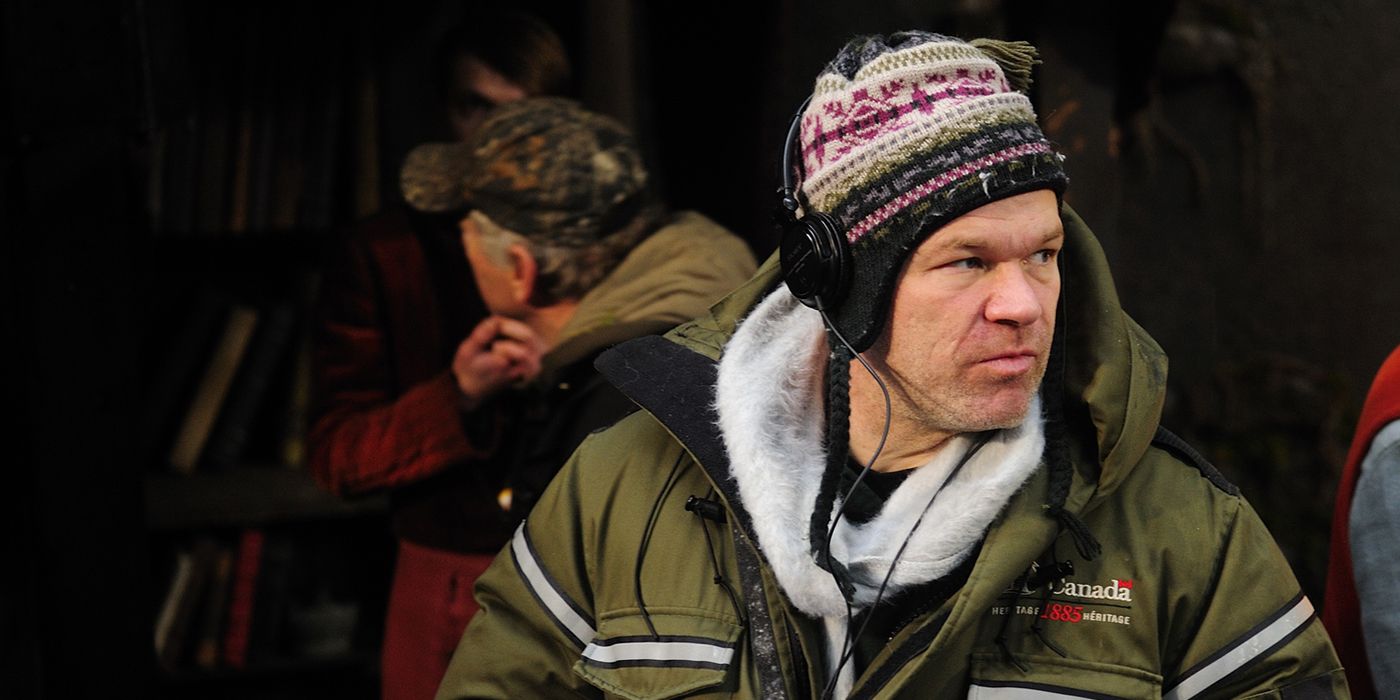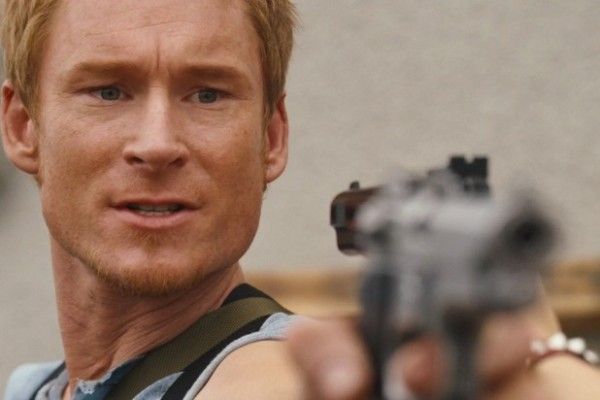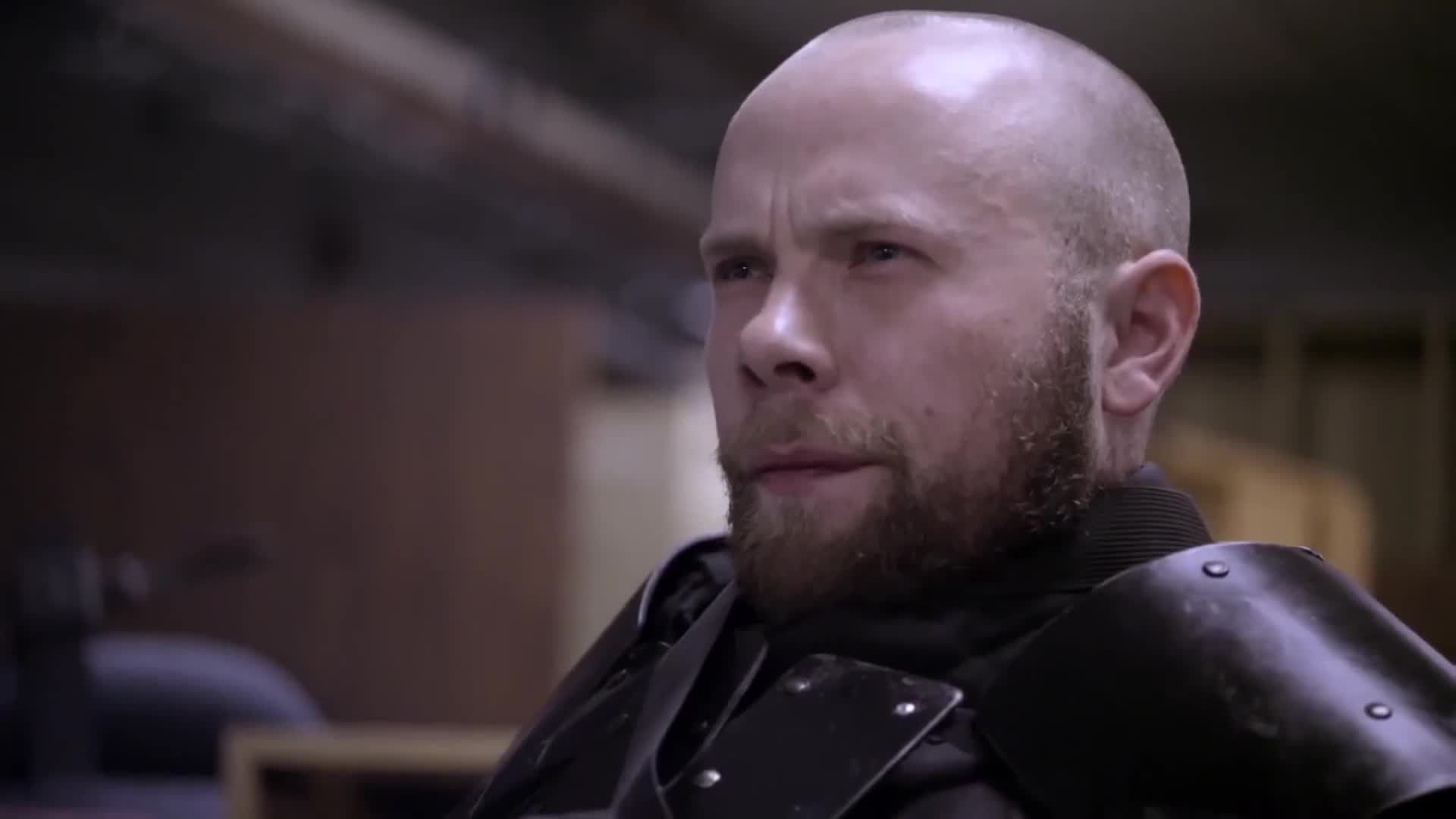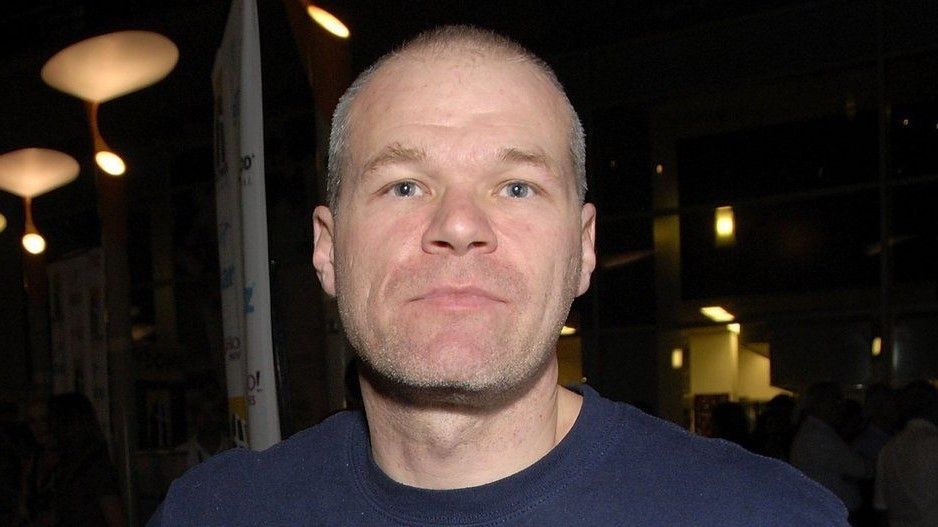He’s been a figure of enduring fascination since the early days of the Internet. He’s earned scorn, mockery, and even grudging respect. He’s the answer to the question “What if Ed Wood was an angry German man who punched people?” From BloodRayne to Postal, his films are universally known for their low quality, poor taste, and just plain baffling execution. There are plenty of lousy filmmakers out there, but there is only one Uwe Boll.
Part of what makes Uwe Boll such an intriguing figure is that, despite what everything you’re about to learn about him might suggest, there’s quite a bit more to him than meets the eye. Born in North Rhine-Westphalia, Germany (his first name is pronounced “oo-veh”), he has a Ph.D. in literature, and one critic who interviewed Boll described him as “someone who absolutely adores film, knows its history and truly lives for what he does.” This is not, to put it charitably, the impression one gets from watching his movies.
“I Hate Video Games!”
For a long time, it was common knowledge that any attempt to adapt a video game into a movie was doomed to failure. The success of films like Detective Pikachu, as well as the upcoming Super Mario Bros. Movie, are changing that somewhat, but the stigma has been around for as long as video game movies have existed — and much of it is Uwe Boll’s fault.
House of the Dead. Alone in the Dark. BloodRayne. In the Name of the King. Postal. Far Cry. In the 2000s, it seemed like nothing could stop Boll from making terrible movies based on video game franchises: not the dreadful box office, not the scathing critical response, not the hordes of furious gamers scandalized by his indifference to the source material. These movies were awful, but for the most part they were awful in that particularly drab, mid-00s kind of way: generic and ugly, with only the occasional piece of bizarre casting (Tara Reid as a brilliant scientist in Alone in the Dark) or knowing camp (Ben Kingsley having a ball in BloodRayne) to liven things up.
Boll made these movies long past the point where it made any sense. A German tax loophole (since closed) meant that he could make money off of even a flop, but soon even that had its limits. Petitions circulated to ban him from filmmaking; the Golden Raspberry Awards gave him a Lifetime Achievement award; when he bid for the rights to a World of Warcraft movie, Blizzard said, “We will not sell the movie rights, not to you…especially not to you.” The more conspiracy-minded began to wonder if this was, in fact, Boll’s way of taking revenge on video games as an art form, which Boll poked fun at in Postal, where he played a Nazi pedophile amusement park owner who cried “I hate video games!” after being shot in the dick. (This more or less sums up everything you need to know about Postal.)
Uwe’s Originals
Boll’s original films usually fall somewhere on the action-horror-thriller continuum, with plenty of jarring violence and sociopolitical button-pushing — some of it centralized to the plot (as with Darfur and Assault on Wall Street), some of it extraneous (as with Seed, a ghastly piece of torture porn that shows footage of industrial animal abuse in the opening credits for reasons that make sense only to Boll). Most of these movies aren’t very good, and some of them are downright nauseating. Take Auschwitz, which purported to show the horrors of the Holocaust to a new generation but really fell into rank exploitation. Still, there’s something oddly compelling about his dank, low-budget world, and from early in his career he always managed to get interesting actors (such as school-shooting drama Heart of America, which included a young Elisabeth Moss).
And then there’s Rampage, which, upon its release in 2009, was met with wonder and bewilderment: Uwe Boll had made a good movie! Not necessarily a great movie, sure, but a good one: a surprisingly taut, nasty action-thriller about a nihilistic mass murderer and his efforts to reduce the global population. It won’t be to everyone’s taste, and its politics have aged terribly, but the craft is solid, and the kills are gnarly (one bit inside a bingo parlor is enough to set off giddy, disbelieving laughter.) It’s reminiscent of a bargain-bin S. Craig Zahler, and there are worse things for a movie to be.
Boxing, Bay, and Bauhaus
Perhaps more than his films, Boll is known for his, shall we say, belligerent attitude towards critics. The most famous incident came in 2006, when Boll, telling his critics to “put up or shut up,” challenged them to a series of actual goddamn boxing matches. The fact that Boll beat all five comers did not reflect on him quite as well as he might have thought, considering that Boll was considerably larger than his opponents; neither did the fact that he turned down fighting other critics, such as Sean “Seanbaby” Reilly, who matched up in both size and fighting experience.
To drum up publicity for Postal, Boll posted a video where he called, among others, Michael Bay and Eli Roth “fucking retards.” This earned him a fresh round of condemnation, because even back in the frontier years of 2007 you didn’t just go around saying stuff like that. Bay, who had just released the first Transformers film, reacted with confusion and annoyance, making this one of the few times Michael Bay has been the reasonable, level-headed half of a confrontation.
There is, however, a happy ending to all this. Boll has stepped away from filmmaking in recent years (although he has announced a return as well), instead focusing on a career as a restaurateur — which, by all accounts, he’s much better at. His first restaurant, Bauhaus, was named one of the best restaurants in Canada, and he plans on expanding his culinary empire soon... and he didn’t even have to get into any fights to make it happen.




